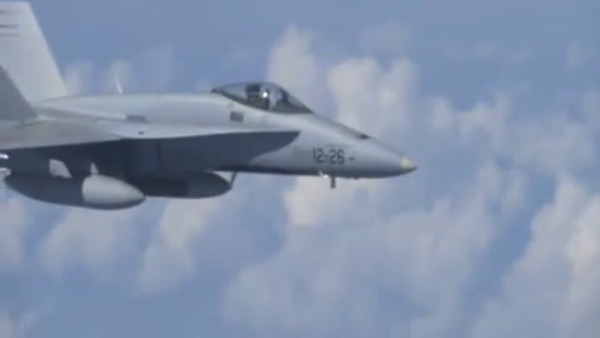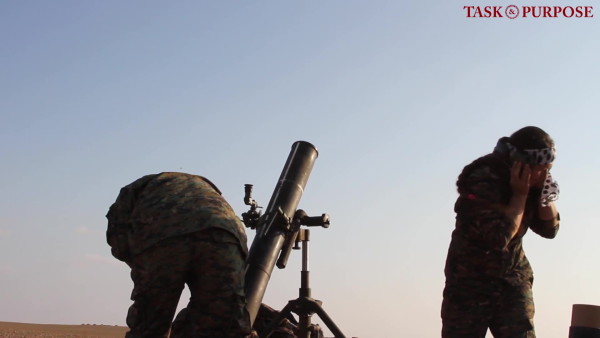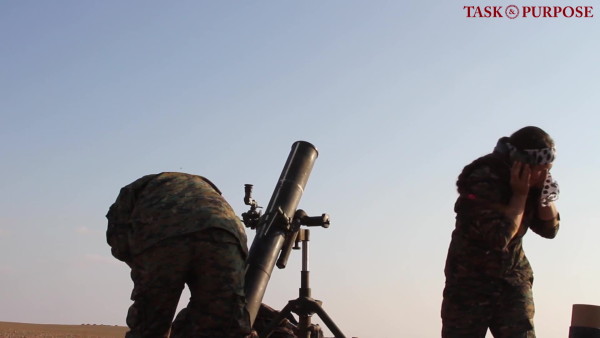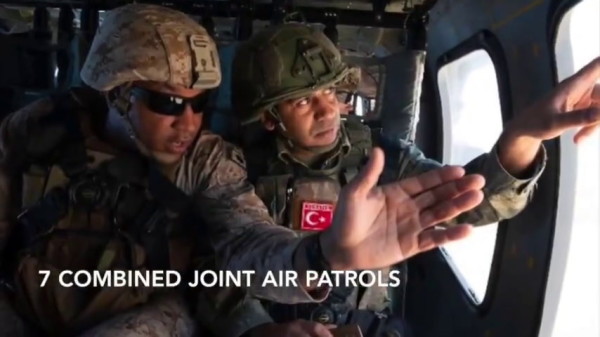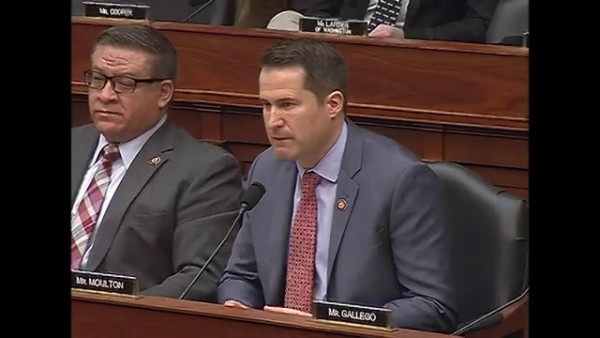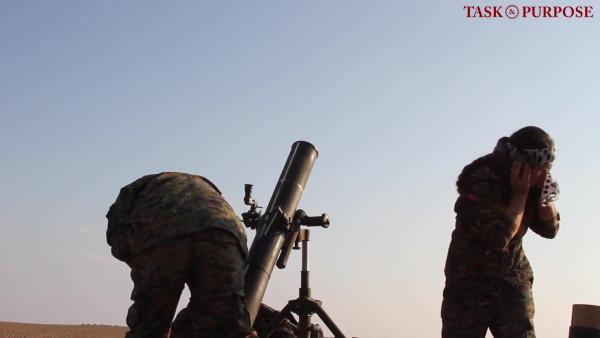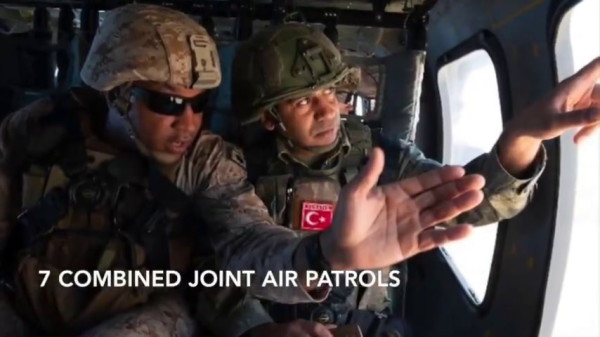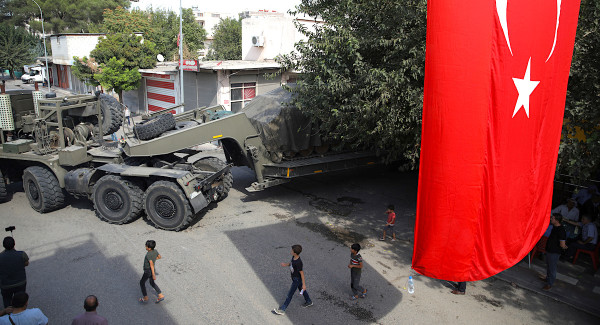MOSCOW (Reuters) – Russia’s defense ministry on Saturday attacked U.S. plans to maintain and boost the American military presence in eastern Syria as “international state banditry” motivated by a desire to protect oil smugglers and not by real security concerns.
U.S. Defense Secretary Mark Esper said on Friday Washington would send armored vehicles and troops to the Syrian oil fields in order to prevent them from falling into the hands of Islamic State militants.
His comments came after President Donald Trump earlier this month pulled some 1,000 U.S. military personnel out of northeast Syria, a move that prompted Turkey to launch a cross-border incursion targeting the Kurdish YPG militia, a former U.S. ally against Islamic State.
Trump’s decision drew an angry backlash from Congress, including key Republicans who saw the pullout as a betrayal of the Kurds and a move that could bolster Islamic State.
In a statement, Russia’s defense ministry said Washington had no mandate under international or U.S. law to increase its military presence in Syria and said its plan was not motivated by genuine security concerns in the region.
“Therefore Washington’s current actions – capturing and maintaining military control over oil fields in eastern Syria – is, simply put, international state banditry,” it said.
U.S. troops and private security companies in eastern Syria are protecting oil smugglers who make more than $30 million a month, the statement said.
Russia, which backs Syrian President Bashar Assad and has helped him turn the tide of a bloody civil war, has long insisted that the U.S. military presence in Syria is illegal.
Moscow has further bolstered its position in Syria following the U.S. withdrawal from the northeast of the country, negotiating a deal this week with Turkey’s President Tayyip Erdogan to help remove the Kurdish YPG militia from within a 30 km (19 mile) strip along the Syrian-Turkish border.
Ankara views the YPG as terrorists linked to Kurdish insurgents operating in southeast Turkey.
(Reporting by Olzhas Auyezov; Editing by Gareth Jones)
